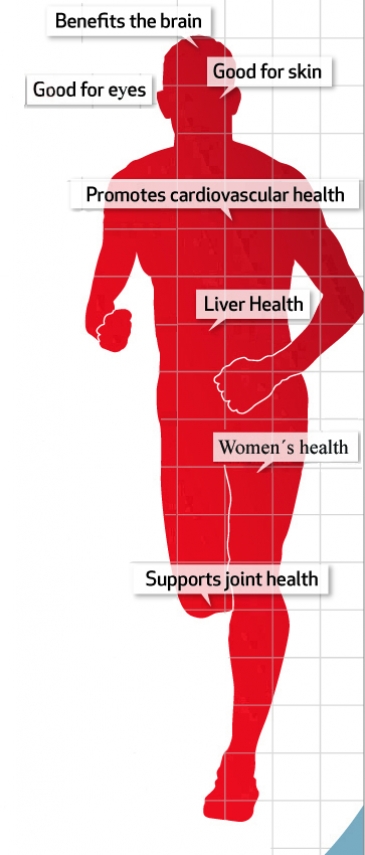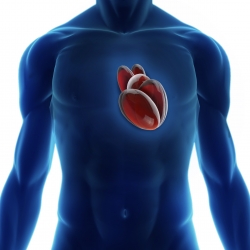
Heart Health
Cardiovascular disease (CVD) is a class of diseases that involve the heart or blood vessels. A number of well-publicized CVD risk factors, and ways to prevent CVD, are associated with dietary components.
Patients diagnosed with CVD have shown significantly lower concentrations of omega-3 in tissues, blood, and red blood cells.
Omega-3 provides recognized beneficial effects in preventing CVD, and the evidence supporting greater omega-3 dietary intake is increasing.
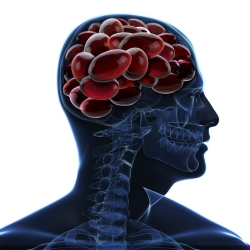
Brain Health
Omega-3 is a critical part of our central nervous system
Only adipose tissue contains more fatty acids than the body’s central nervous system, including the brain. The omega-3 fatty acid, DHA, which is the most common fatty acid in the human brain, constitutes 15% of all brain fatty acids.
Omega-3 phospholipids play key roles in the structure and function of brain cell membranes and cell signaling. An omega-3 deficiency in brain tissue can result in functional disturbances and delayed development.
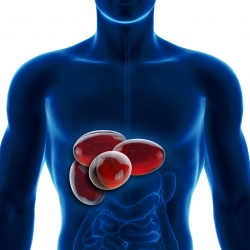
Liver Health
Use of krill oil may prevent from accumulating of fats in liver. It is also an effective prevention of inflammatory processes and has a positive influence on the organism.
Liver is the biggest organ in human body. It is crucial for metabolism and detox of the organism. It is a centre of metabolic processes too.
Liver works as a filter. Its main function is to remove all harmful substances from the body.
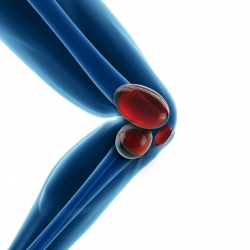
Joints Health
Bone and joint disease and disorders
Bone and joint disease and disorders cause considerable discomfort, pain, and functional impairment among populations in today’s industrialized societies. The harmful mechanisms are generally abnormal bone metabolism, accompanied by altered bone resorption and formation, or inflammatory processes in joints.
Omega-3 in phospholipid form is suggested as a significant nutritional factor associated with alleviating symptoms and lessening discomfort due to bone and joint disease and disorders.

